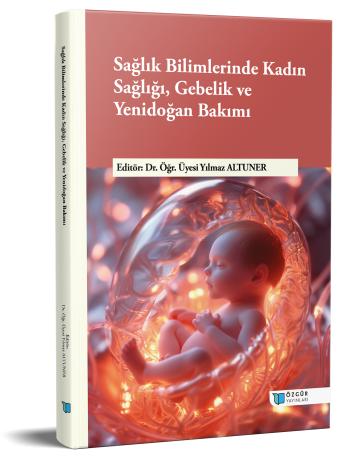
Anne Sütü ve Emzirme
Şu kitabın bölümü:
Altuner,
Y.
(ed.)
2024.
Sağlık Bilimlerinde Kadın Sağlığı, Gebelik ve Yenidoğan Bakımı.
Özet
Anne sütü, bebeklerin sağlıklı gelişimi için en önemli besin kaynağıdır. Anne sütü, doğumdan sonra ilk saatlerden itibaren bebeğin bağışıklık sistemini güçlendirir, enfeksiyonlara karşı korur ve gelişimsel ihtiyaçlarını karşılar. Ayrıca, emzirme, anne ile bebek arasında güçlü bir bağ kurulmasına yardımcı olur ve bebeğin duygusal gelişimini destekler. Anne sütünün içeriği, bebeğin yaşına ve ihtiyaçlarına göre değişir; bu, bebeğin ilk aylarda daha fazla besin maddesine ihtiyaç duymasını karşılamak için oldukça uyumludur. Anne sütünün içerdiği proteinler, yağlar, karbonhidratlar, vitaminler ve mineraller, bebeğin beyin gelişimini ve genel sağlığını destekler. Bunun yanı sıra, emzirmenin anneye de sağlık yararları sağladığı birçok çalışma ile kanıtlanmıştır; örneğin, emzirme, anneye doğum sonrası kilo kaybını kolaylaştırır, bazı kanser türlerine karşı koruyucu etkiler gösterir ve annenin ruh sağlığını iyileştirebilir. Emzirme ile ilgili olası zorluklar arasında, yetersiz süt üretimi, memede ağrı ve uyumsuz emzirme teknikleri yer alabilir. Bu nedenle, doğru emzirme tekniklerinin öğretilmesi ve annenin desteklenmesi büyük önem taşır. Emzirme, hem fiziksel hem de duygusal sağlık açısından bebeğin ve annenin en sağlıklı başlangıcını sağlar.

